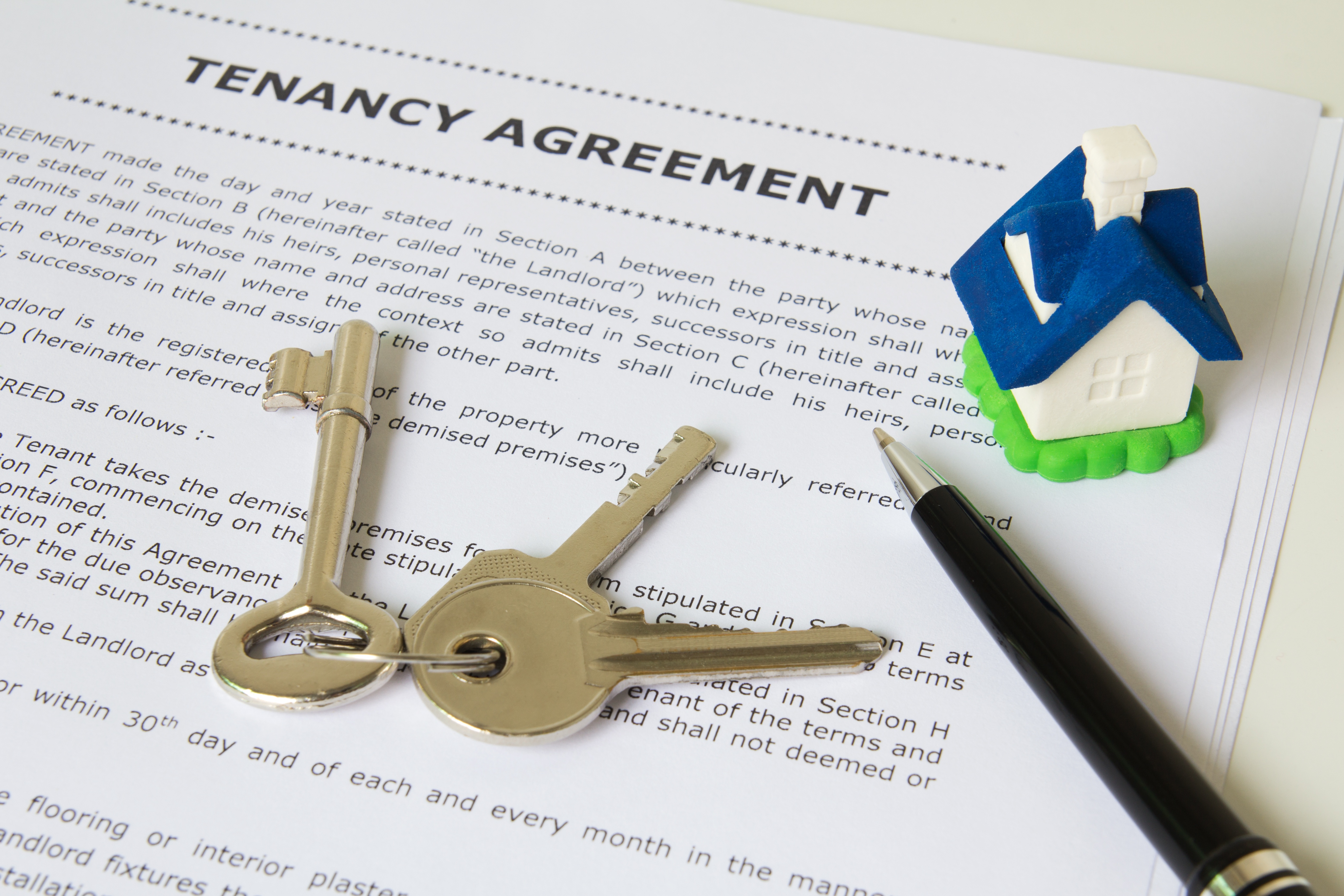- Get link
- Other Apps
WHAT TO DO WHEN YOUR TENANT BREAKS A LEASE
Posted by CourthouseDirect.com Team - 30 October, 2013
 As a landlord, you no doubt dread the prospect of a broken lease. Tenants who break leases put their former landlords on the hook for thousands of dollars in expected income and often leave behind damaged properties that can costs thousands more to repair. While it's in your best interest to seek out reputable, trustworthy tenants with solid credit and verifiable employment histories, it's impossible to protect yourself from lease-breakers in perpetuity. As such, it's crucial to familiarize yourself with your rights as a landlord.
As a landlord, you no doubt dread the prospect of a broken lease. Tenants who break leases put their former landlords on the hook for thousands of dollars in expected income and often leave behind damaged properties that can costs thousands more to repair. While it's in your best interest to seek out reputable, trustworthy tenants with solid credit and verifiable employment histories, it's impossible to protect yourself from lease-breakers in perpetuity. As such, it's crucial to familiarize yourself with your rights as a landlord.What Constitutes the Breaking of a Lease?
By signing a fixed-term rental contract, a tenant agrees to pay his or her landlord an agreed-upon sum in exchange for the right to occupy a specific property. Although there are many means by which a tenant may break a lease, the most common involves the premature abandonment of the property. If a tenant wishes to move out of a rental property before the expiration of his or her lease, he or she must be prepared to pay the agreed-upon sum in full.
Security Deposit Issues
In virtually all legal jurisdictions, landlords have the right to seize the security deposits of lease-breaking tenants. Even if a lease-breaker eventually fulfills his or her agreement to repay the full "rent due" amount, the laws in your area may permit you to keep his or her security deposit afterwards. In other jurisdictions, you may be required to make an itemized accounting of damages to the premises before seizing part or all of the security deposit.
Responsibility for Unpaid Rent
While renters who break leases are technically on the hook for unpaid rent, most jurisdictions require landlords to make "good faith" attempts to locate and secure new tenants to serve out the remainders of broken leases. If the laws in your area don't allow you to sue lease-breakers for the full amount of their unpaid rents, you may be able to secure the repayment of rent for the duration of any post-break vacancy periods. It's important not to use the security deposit to cover lost rent during vacancy periods. You should only use security deposit funds to cover unexpected damages.
Documentation, Collection and Billing
Regardless of the circumstances that surround the lease-breaking, you must extensively document any damages to the pertinent property as well as any communication with the lease-breaking tenant. Once you've made a detailed accounting of any rent due, forward it to the tenant's new address with a step-by-step repayment schedule. In most states, it's illegal for tenants to abandon a property without providing a forwarding address.
Legal Recourse
If you can't establish communication with a lease-breaking tenant, file a civil lawsuit against him or her. In most cases, a letter that threatens legal action will be sufficient to bring the tenant back to the negotiating table. If it's not, the judge who oversees your case will mediate an equitable settlement that establishes clear repayment terms. Unless your tenant can prove that you violated your own lease agreement or otherwise broke the law, it's likely that the judge will rule in your favor.
Finding a New Tenant
As soon as you discover that your rental property has been abandoned, start looking for a new tenant. If you can find a new occupant in relatively short order, you'll be more likely to convince a judge to rule in your favor. By reducing the amount of unpaid rent that he or she owes, you may also be able to convince your lease-breaking tenant to make an out-of-pocket payment to settle the matter.
Unless you're very lucky, you'll probably have to deal with a broken lease at some point during your career as a landlord. By keeping these tips in mind and maintaining meticulous records throughout the rent-recovery process, you'll minimize your financial exposure and maximize the efficiency of your operation.
Topics: Real Estate
Comments